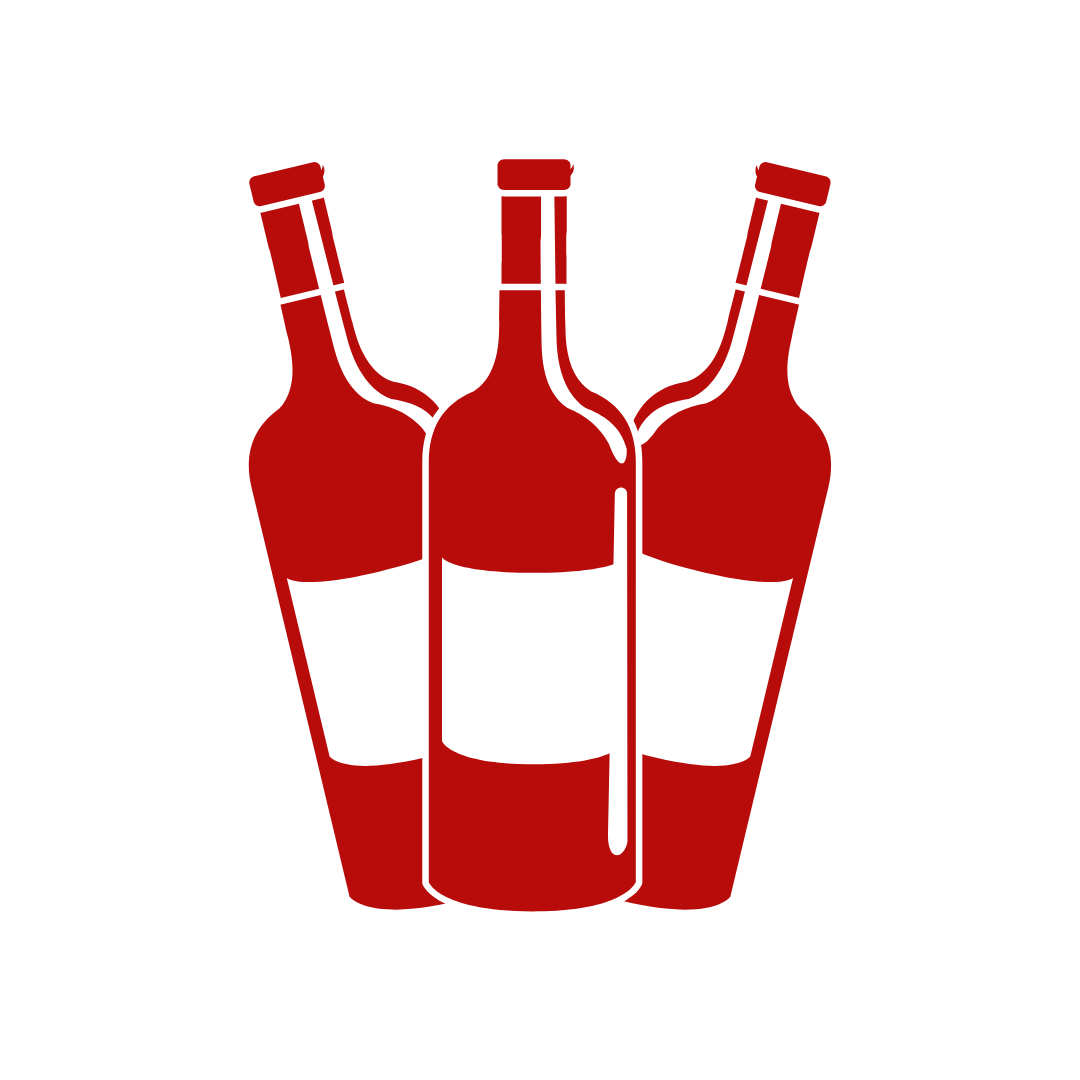Uncorking the Secrets of Red Wine Aging
Red wine is a popular choice among wine enthusiasts, and for good reason. Not only does it offer a rich, complex flavour profile, but it also has the ability to age and improve over time. But what exactly makes red wine so special when it comes to aging, and how can you ensure that your bottles reach their full potential? In this blog post, we'll explore the secrets of red wine aging and provide some tips on how to properly store and age your bottles.
The first thing to understand about red wine aging is that it is a natural process that occurs as the wine is exposed to different elements. As the wine ages, it goes through a series of chemical reactions that change its flavour, aroma, and overall character. These changes are due to the presence of tannins, which are compounds found in the grape skins, seeds, and stems. Tannins are responsible for giving red wine its astringent taste and are also key to the aging process.
When red wine is young, the tannins are harsh and can make the wine taste bitter. As the wine ages, however, the tannins begin to soften and integrate with other compounds in the wine, creating a smoother, more complex flavor. This process is known as "tannin integration" and is one of the main reasons why red wine improves with age.
To ensure that your bottles of red wine reach their full potential, it's important to store them in the right conditions. The ideal storage temperature for red wine is between 12 and 15 degrees Celsius, as this allows the wine to age slowly and evenly. It's also important to store your bottles in a place that is dark, humid, and has minimal temperature fluctuation.
Another important factor to consider when aging red wine is the type of bottle it is stored in. Traditional wine bottles are made of dark glass, which helps to protect the wine from light and UV rays. However, some wineries are now using lightweight, clear bottles, which can accelerate the aging process. This is because the wine is exposed to more light and oxygen, which can cause the wine to deteriorate more quickly.
In conclusion, aging red wine is a complex process that requires proper storage and patience. By understanding the role of tannins in the aging process and storing your bottles in the right conditions, you can ensure that your bottles reach their full potential and provide you with a truly unique and enjoyable experience. Remember to always be patient, as aging wine is an art and a science.
We have lovely red wines available for you to start experimenting with ageing red wines.













